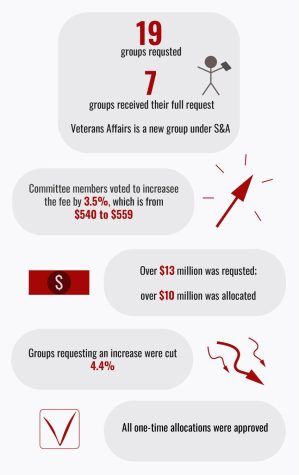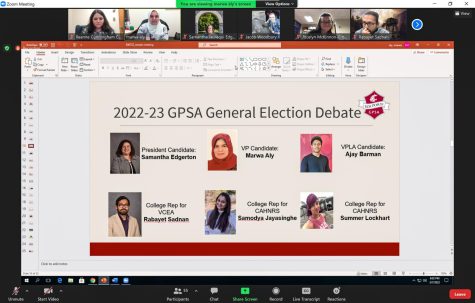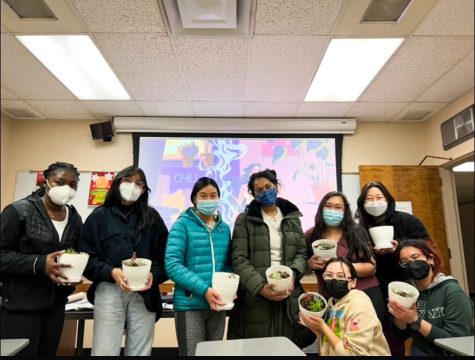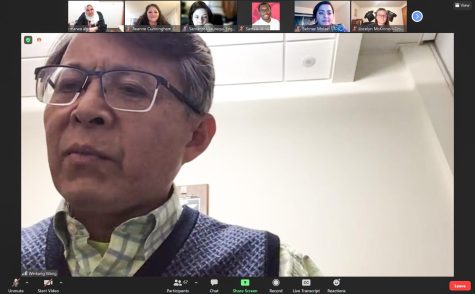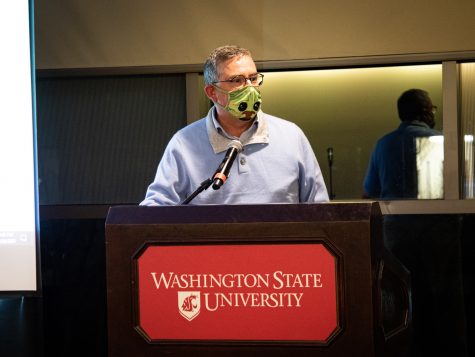Speaker updates on potential mental health service
University officials work to evaluate Telehealth program for students
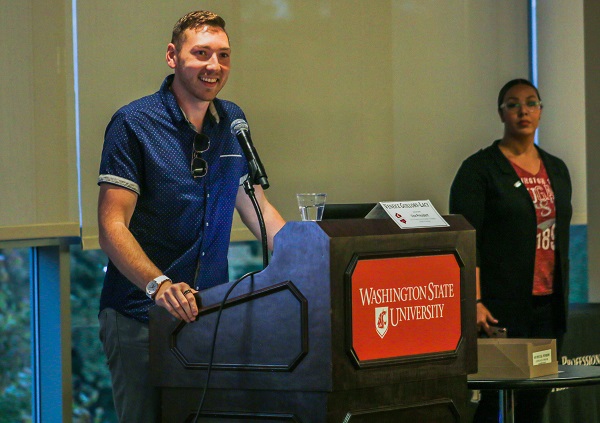
TIMOTHY FAIRBANKS-CLOUSER | DAILY EVERGREEN FILE
Matthew Sutherland, vice president of legislative affairs, said the campus-wide safety project will include a blue light crosswalk and blue light station.
September 24, 2019
GPSA featured a speaker who discussed the university’s plan to implement new mental health and counseling services for WSU students.
Ellen Taylor, associate vice president of student engagement, said she has previously worked at the University of Washington, Oregon State University, and has now been at WSU for 14 months.
Steven Hobaica, a GPSA senator and member of the College of Arts and Sciences, asked Taylor what the university will do about the mental health services at WSU and if they will implement Telehealth, which provides online counseling and mental health services.
“Some diverse students may feel uncomfortable speaking with someone who is white. I worked at CAPS [Counseling and Psychological Services] and I know that there is a lot of great people there,” he said. “But I was wondering if Telehealth is something you would be considering.”
Taylor said that this is definitely something they are thinking about implementing at WSU.
“We are actually working with the assistant attorney general to make sure that we explore that from an appropriate lens,” she said. “There are so many possible solutions to the issue of having adequate mental health services for our students, and we are looking at all different elements of it.”
Taylor said recruiting people to work in Telehealth services while also retaining them is an issue.
“It turns out there are not that many folks that want to work for Telehealth yet, but I think the industry is changing,” she said. “One of the barriers we face is that a practitioner has to be licensed in the state where the client is, so we would be limited to [only] help students who are in the state of Washington.”
Matthew Sutherland, GPSA’s vice president of legislative affairs, asked the senate for $3,000 for housing and travel in order for him to advocate in Olympia over a 60-day period.
He said that he needs approval for this trip from fellow members of GPSA to have a voice in a way they haven’t before.
“What I want to do now is becoming common practice between other graduate associations,” he said. “Washington State Legislature works part-time; I would like to take the legislative agenda that you voted on and get results from it.”
GPSA Executive Vice President Veneice Guillory-Lacy ended the meeting by encouraging anyone interested advocating on behalf of GPSA to apply to the National Association of Graduate-Professional Students. NAGPS is a national conference through the University of Kentucky, which will be held Nov. 7-10.










